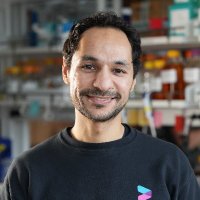
Mohamad Abedi
Assistant Professor, Bioengineering
Office
Themes: TBD

Michael Alfaro
Professor, Ecology and Evolutionary Biology
https://www.ioes.ucla.edu/person/mike-alfaro
His research approach is interdisciplinary and quantitative and crosses traditional boundaries among molecular phylogenetics, evolutionary morphology, and theoretical evolution. He construct evolutionary trees using phylogenomic approaches, test evolutionary hypotheses using phylogenetic statistical methods; use models of trait evolution to explore form-function dynamics identify and quantify organismal diversity using morphological and functional morphological techniques
michaelalfaro@ucla.edu
Office
2149 Terasaki Life Sci Bldg
Themes: TBD

Valerie A. Arboleda
Associate Professor, Pathology and Laboratory Medicine
Associate Professor, Human Genetics
We are interested in leveraging multiomics based analysis to understand human disease
vaa2001@g.ucla.edu
Office
BSRB 346
Themes: Integrative mechanistic modeling and experimentation
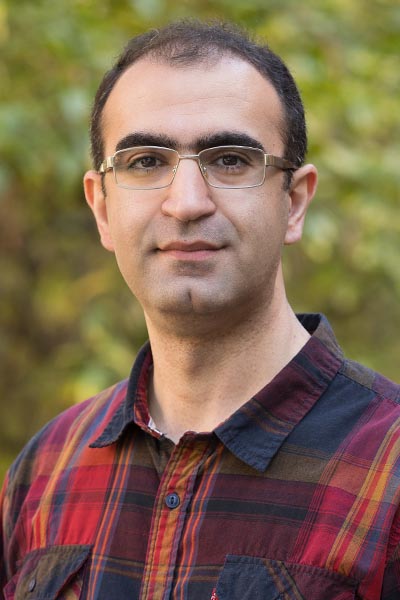
Amjad Askary
We strive to find simple principles that are used during embryonic development to make complex tissues like the mammalian retina. To this aim, we develop innovative tools to monitor, characterize, and manipulate cells. We leverage both our methods and our findings to make better therapeutic strategies and molecular diagnostics.
amjada@ucla.edu
Office
TLSB 5139
Themes: Complex datatype analysis, Experimental technologies development
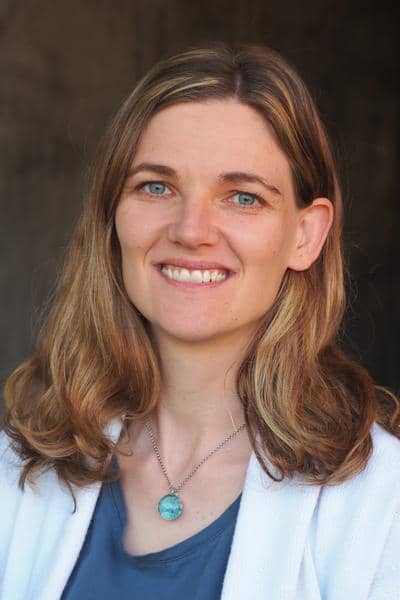
Keriann Backus
The Backus Lab is a chemical biology research group at UCLA. We develop and apply cutting edge new mass spectrometry-based chemoproteomic methods to answer important questions in biochemistry and to guide the production of new therapies. We are particularly interested in all things related to cysteine-directed biochemistry and drug development, including covalent probe discovery, cysteine chemoproteomic technology development, and redox biology towards defining how oxidative/reductive stress regulates protein function and self assembly. Other emerging areas in the lab are multi-omic analyses to study the impact of genetic variation, including to define leukemia stem cell drug vulnerabilities, new proteomic methods to define the protein interactome, and tools to delineate the functions of proteases across cell states.
kbackus@mednet.ucla.edu
Office
350A BSRB
Themes: TBD

Mehdi Bouhaddou
Assistant Professor, Microbiology Immunology and Molecular Genetics
The Bouhaddou Lab dissects biochemical signaling circuits, attempting to understand how signaling network connectivity and dynamics impact cell fate outcomes. Cellular signaling can be envisioned to be the “mind” of the cell, generating the thoughts (i.e. signaling) that eventually turn into actions (i.e. cellular phenotypes). We are specifically interested in understanding how viruses impact host signaling networks and cellular phenotypes, employing quantitative approaches to systematically compare how different viruses hijack host phosphorylation signaling systems. Although we are mostly focused on viruses, our approaches are disease-agnostic, with applications to other areas of biology, including cancer and the environment.
mehdibouhaddou@gmail.com
Office
Boyer 510G
Themes: Integrative mechanistic modeling and experimentation, Complex datatype analysis
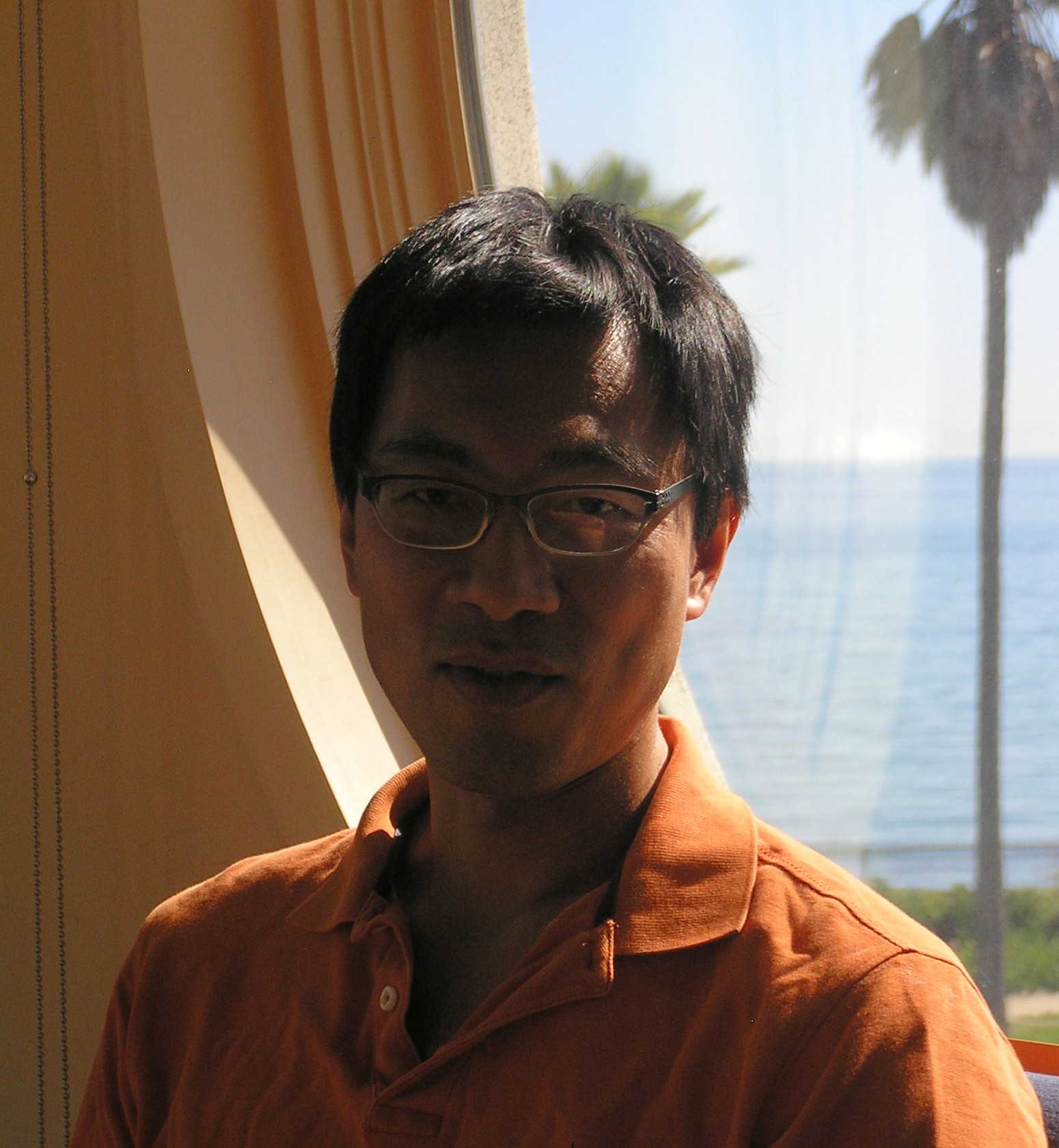
Tom Chou
Professor, Computational Medicine
Professor, Mathematics
https://www.math.ucla.edu/~tchou/
Stochastic processes and modeling from cell biophysics to population, tissues, and evolution
tomchou@ucla.edu
Office
LSB 5209
Themes: Integrative mechanistic modeling and experimentation, Complex datatype analysis
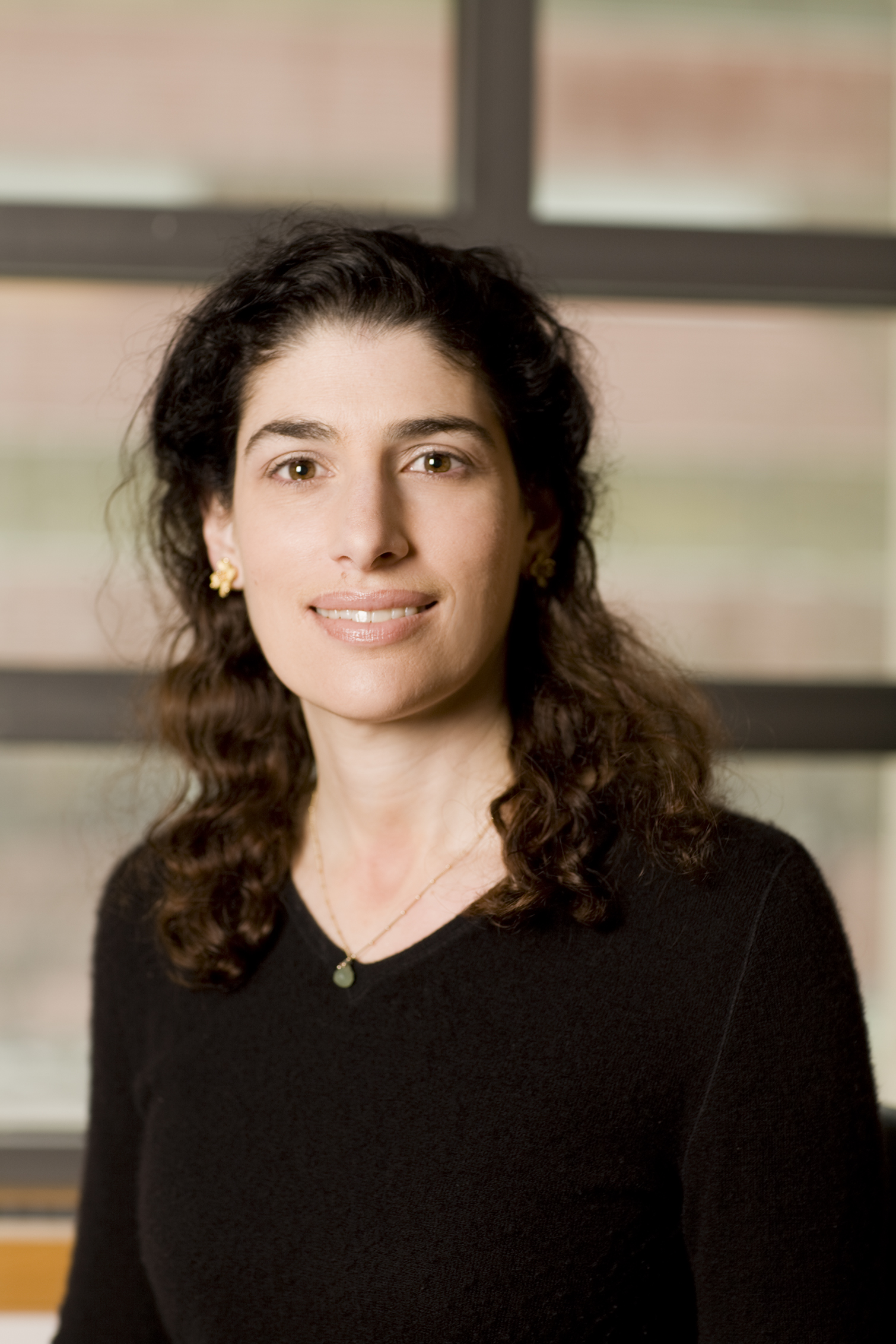
Hilary Coller
Professor, Molecular, Cell and Developmental Biology
Professor, Biological Chemistry
https://collerlab.dgsom.ucla.edu/
Our laboratory is investigating the state of cellular quiescence in which cells exit the proliferative cell cycle reversibly. We also investigate the quiescent state in the context of wound healing and cancer. We perform integrative mechanistic modeling and experimentation in our to build quantitative models of molecular changes with quiescence and experimentally test them.
hcoller@ucla.edu
Office
TLSB 5145
Themes: Integrative mechanistic modeling and experimentation

Eric J Deeds
Professor, Integrative Biology and Physiology
Vice Chair, Life Sciences Core
Research in the Deeds lab is focused on understanding the dynamics and function of complex molecular networks within cells. We use a variety of approaches to study this problem, including developing new data analytic tools, supervised and unsupervised machine learning, mathematical modeling, biophysical modeling, and experiments. See our website (https://deedslab.ibp.ucla.edu) for more details!
deeds@ucla.edu
Office
Boyer 570
Themes: Integrative mechanistic modeling and experimentation, Complex datatype analysis

Sophie Deng
Professor, Opthalamology
https://www.uclahealth.org/providers/sophie-deng#recognition
Dr. Deng is a specialist in corneal and external ocular diseases, and cataracts. Her surgical areas include endothelial keratoplasty (DSEK and DMEK), deep anterior lamellar keratoplasty (DALK), penetrating keratoplasty, limbal stem cell transplantation, artificial cornea and cataract.
deng@jsei.ucla.edu
Office
3-124 JSEI

Brent Fogel
Professor, Human Genetics
Professor, Neurology, Pediatrics
https://fogellab.neurology.ucla.edu/
The Fogel Lab seeks to understand the basic and fundamental molecular mechanisms underlying human neurodevelopment and neurodegenerative disease. Under the direction of the Principal Investigator Dr. Brent Fogel, we are currently examining how specific genes and genetic pathways influence the pathogenesis of neurogenetic diseases, including cerebellar ataxia, other neurodegenerative disorders, and neurodevelopmental conditions. Our goal is to better understand the molecular basis of these diseases to improve diagnosis and develop new strategies for better clinical treatments for patients and their families.
bfogel@mednet.ucla.edu
Office
Gonda 6554A
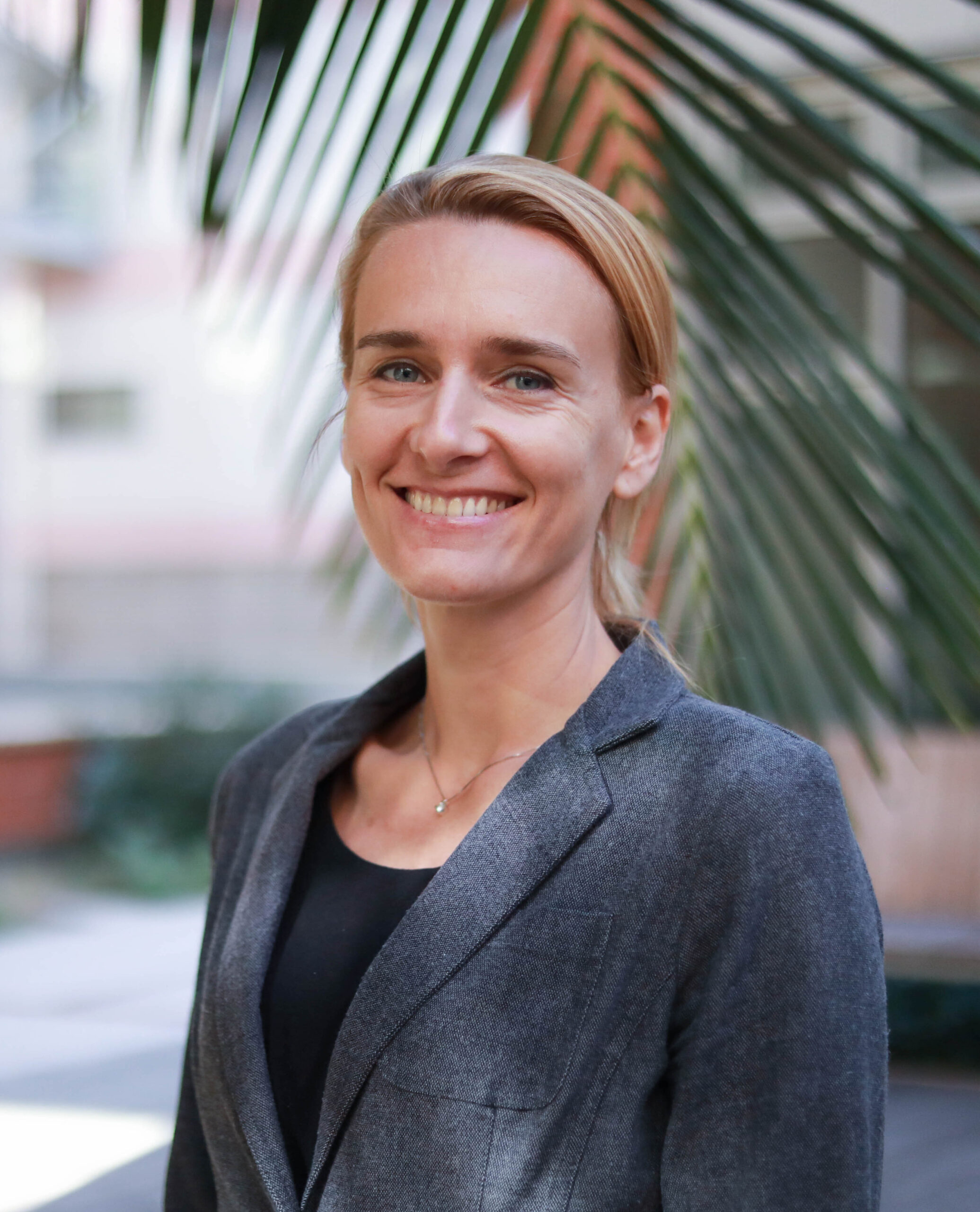
Elisa Franco
Professor, Mechanical and Aerospace Engineering
Professor, Bioengineering
https://www.seas.ucla.edu/francolab
Biomolecular condensates, RNA nanotechnology, computational modeling
efranco@seas.ucla.edu
Office
Engineering IV 38-137 P
Themes: Integrative mechanistic modeling and experimentation, Experimental technologies development
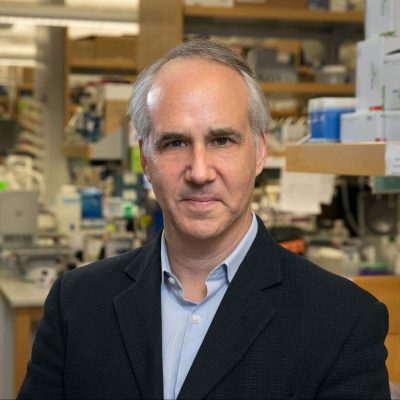
Dan Geschwind
Professor, Neurology
Professor, Human Genetics
Professor, Psychiatry
https://geschwindlab.dgsom.ucla.edu/pages/
The Geschwind Lab integrates population genetics, functional genomics, and bioinformatics with basic and clinical neuroscience to advance our understanding of neurologic and psychiatric disease pathogenesis and to accelerate treatment development.
dhg@mednet.ucla.edu
Office
Gonda 2506
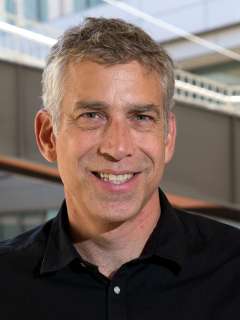
Thomas Graeber
Professor, Molecular and Medical Pharmacology
https://systems.crump.ucla.edu
Systems biology and mathematical modeling of cancer signaling, metabolism, genomic instability and cell state plasticity. Development of integrative omics analysis. Iterative experimentation and analysis.
tgraeber@mednet.ucla.edu
Office
CNSI 4341
Themes: Integrative mechanistic modeling and experimentation, Complex datatype analysis
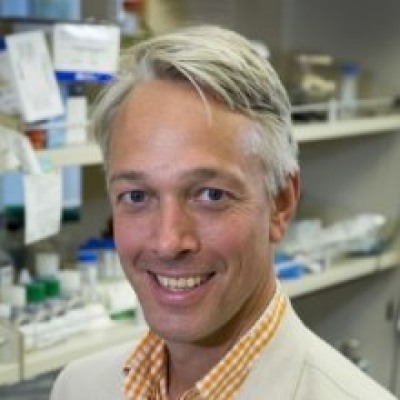
Alexander Hoffmann
Professor, Microbiology, Immunology and Molecular Genetics
We are interested in how the signaling networks of immune cells control their dynamic behavior, how heterogeneity may degrade fidelity but serve biological functions. We are focused on the dynamics innate immune responses and innate immune memory of macrophages, and how the dynamics control of B-cell evolution control antibody responses. We use knowledge-based and data-driven computational modeling, and cutting edge experimental approaches of live-cell imaging and ‘omic technologies.
ahoffmann@ucla.edu
Office
Boyer 570
Themes: Integrative mechanistic modeling and experimentation
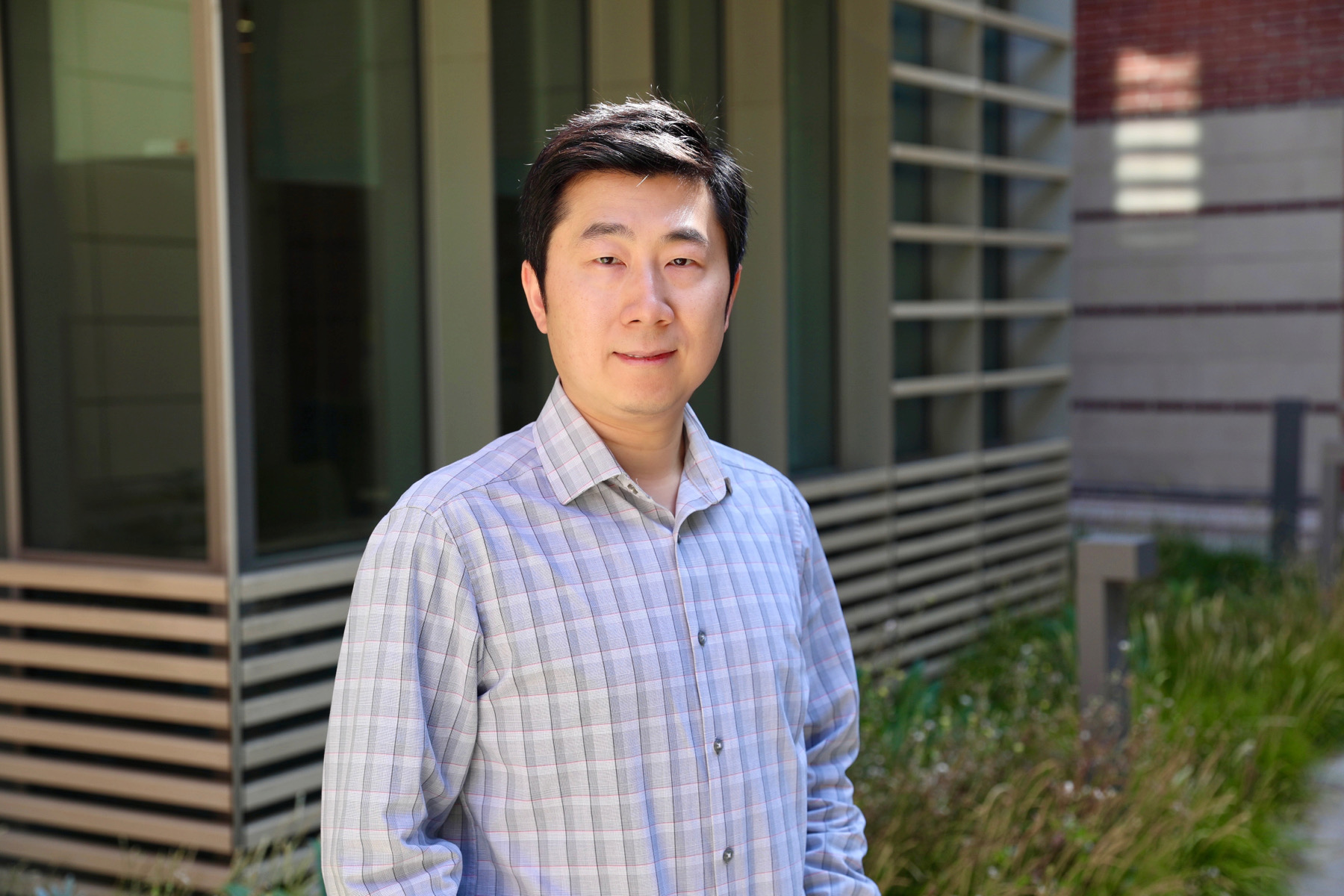
Weizhe Hong
Professor, Neurobiology
Professor, Biological Chemistry
Professor, Bioengineering
Social interactions between individuals and among groups are a hallmark of human society and are critical to the physical and mental health of a wide variety of species including humans. The central goal of our lab is to study the fundamental principles of how social behavior is regulated in the brain. We study how neural circuits and the underlying computation regulate social behavioral decisions within a single brain as well as how emergent inter-brain neural properties arise from social interactions between individuals. We take a multi-disciplinary approach and use a variety of experimental and computational technologies across molecular, circuit, and behavioral levels.
whong@ucla.edu
Office
CHS 77-200K
Themes: Integrative mechanistic modeling and experimentation, Complex datatype analysis, Experimental technologies development

Leonid Kruglyak
Professor, Human Genetics
Professor, Biological Chemistry
https://kruglyak.genetics.ucla.edu
The Kruglyak Lab conducts experiments in model organisms, as well as computational analyses, aimed at understanding how changes at the level of DNA are shaped by molecular and evolutionary forces, and how these changes lead to all the observable differences among individuals within a species.
lkruglyak@mednet.ucla.edu
Office
6506 Gonda
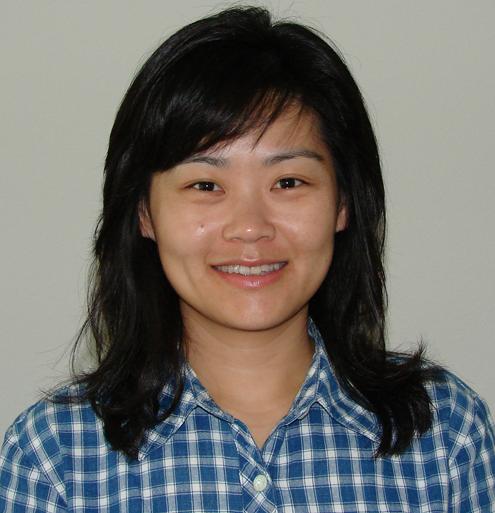
Huiying Li
Associate Professor, Molecular & Medical Pharmacology, Bioengineering
https://pharmacology.ucla.edu/people/huiying-li
The current research in Dr. Li’s lab focuses on understanding the human microbiome, the collective genome of trillions of microorganisms residing in the human body, and its interactions with the host in relation to human health and diseases. Using multi-disciplinary approaches, including genomics, metagenomics, bioinformatics, high-throughput sequencing, microbiology, and biochemistry, the Li Lab aims to identify the molecular mechanism of the human microbiome in health and disease pathogenesis and to develop diagnostic markers and therapeutics for microorganism-related human diseases. By combining computational and experimental approaches, the ultimate goal of the research is to understand the human-microbiome symbiotic system at both molecular level and systems level.
Office
4339 CNSI
huiying@mednet.ucla.edu
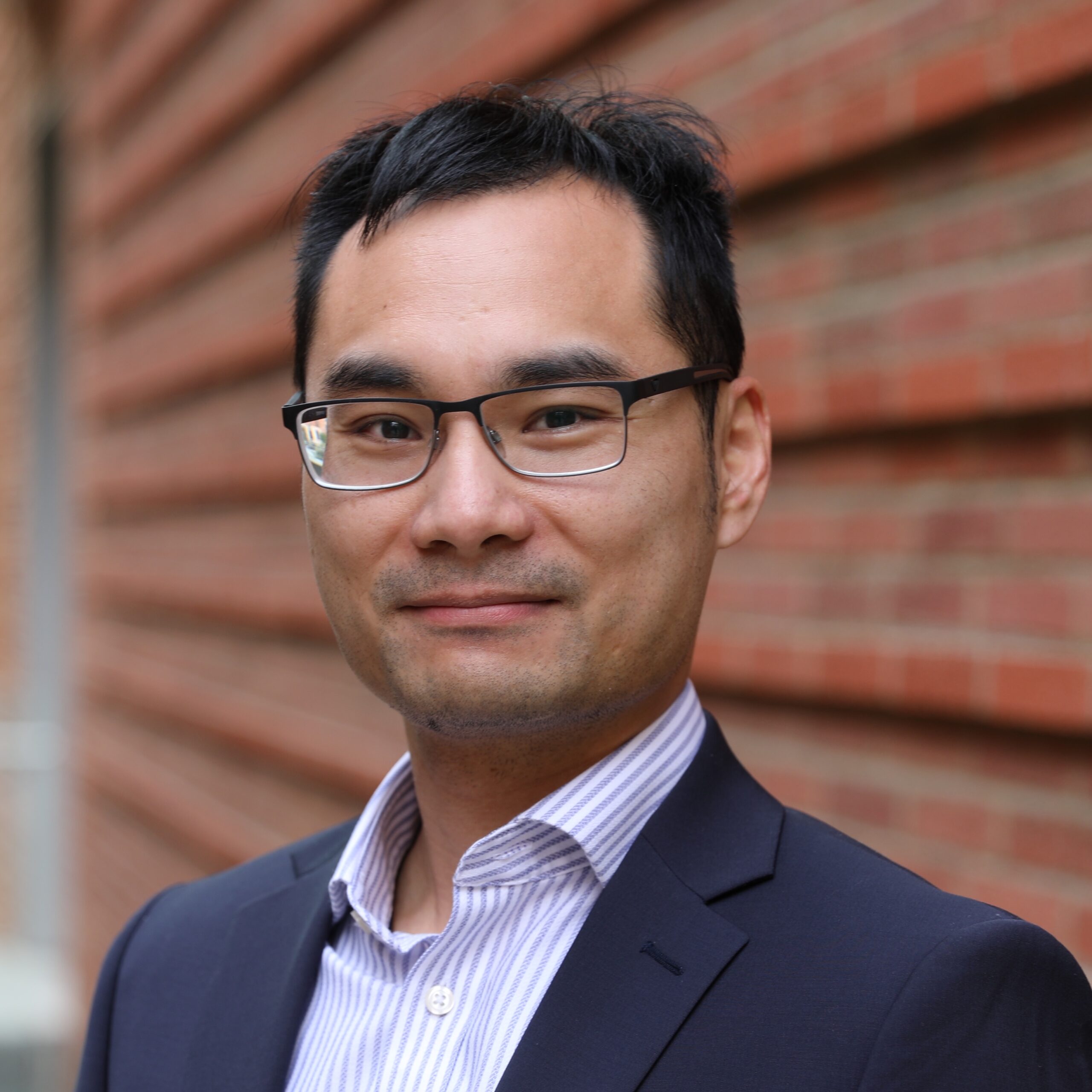
Neil Lin
Assistant Professor, Mechanical and Aerospace Engineering
Assistant Professor, Bioengineering
Our research applies a systems biology approach to explore the mechanobiological processes that drive cellular behavior. By engineering mechanical stimuli, such as cell adhesion and traction forces, with quantitative imaging and epigenetic analysis, we decode how cells respond to physical cues. We aim to uncover the molecular mechanisms that regulate cell motility, differentiation, and gene expression, ultimately advancing our understanding of tissue development and disease progression.
neillin@g.ucla.edu
Office
Engineering IV 48-121B
Themes: Integrative mechanistic modeling and experimentation, Experimental technologies development
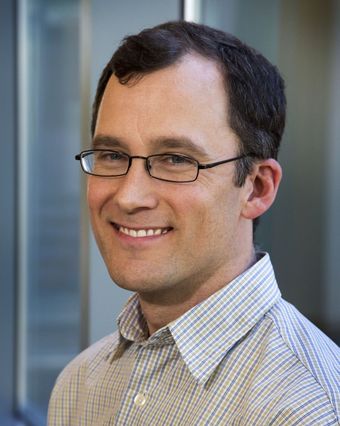
Jamie Lloyd-Smith
Professor, Ecology and Evolutionary Biology
https://faculty.eeb.ucla.edu/lloydsmith
We focus on zoonotic diseases, which are diseases that transmit from animals to humans. Zoonoses make up 60% of all human pathogens and 75% of emerging infections, but are less well-studied than other human infections because their natural history crosses traditional scientific disciplines. We use models to integrate ideas and data from many disciplines, with the aim of answering big questions about zoonotic and emerging pathogens.
jlloydsmith@ucla.edu
Office
4135 Terasaki Life Sci Bldg
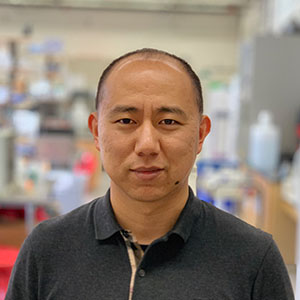
Chongyuan Luo
Assistant Professor, Human Genetics
We are interested in studying how gene regulatory mechanisms contribute to human diseases including neurodevelopmental disorders. Many genome-wide association studies (GWAS) of diseases have identified the enrichment of non-coding risk variants in regulatory elements such as enhancers, highlighting the contribution of regulatory mechanisms to complex traits. In addition, epigenetic variants, such as cytosine methylation (5mC), have been reported to associate with diseases and can be driven by genetic, environmental or stochastic factors. We are developing and applying new genomic and genetic technologies to address long-standing questions in human diseases including the causal cell type(s) of diseases and the functions of non-coding genetic variants. Two major areas of research in my group are described below.
cluo@mednet.ucla.edu
Office
Gonda 5524

Aaron Meyer
Associate Professor, Bioengineering
I am interested in how we can integrate experimental and computational techniques to measure, model, and therapeutically manipulate cell-to-cell communication. I primarily focus on models of multivalent and multi-specific interactions to design and optimize immune therapies. For example, previous work in the lab has shown how antibodies interact with the innate immune system to better predict their protective effect and found new ways to design therapeutic cytokines with better selectivity.
ameyer@ucla.edu
Office
Engineering V 4121G
Themes: Integrative mechanistic modeling and experimentation, Experimental technologies development
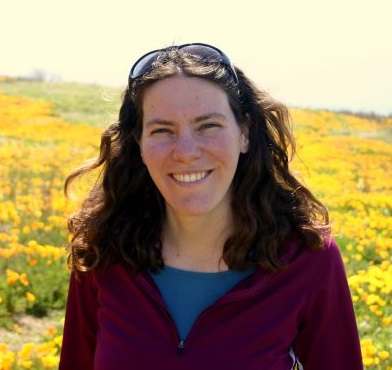
Noa Pinter-Wollman
Professor, Ecology and Evolutionary Biology
https://pinterwollmanlab.eeb.ucla.edu/
Many biological systems are complex aggregates of multiple agents working together towards collective, higher-order goals, and evolution acts on variation in these emergent collective properties. There is no central control dictating the activities of members in the assembly. Instead, agents use local signals that determine their behavior and are received through an intricate interaction network resulting in collective phenotypes. The Pinter-Wollman lab examines the emergence of collective outcomes by combining field and lab studies with computer simulations, theoretical work, image analysis, and social network analysis.
amjada@ucla.edu
Office
Botany 310H
Themes: Integrative mechanistic modeling and experimentation, Complex datatype analysis, Experimental technologies development
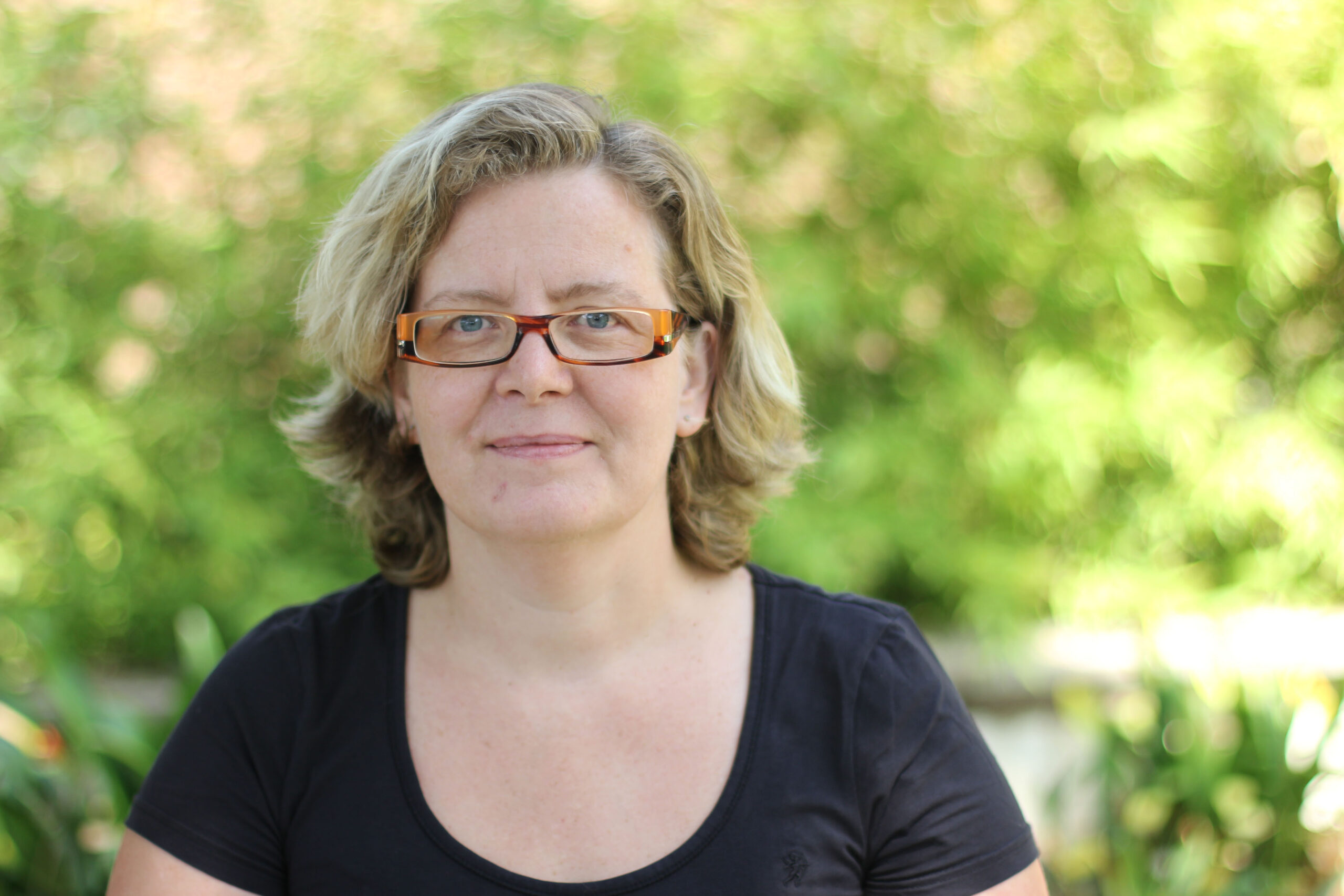
Kathrin Plath
Professor, Biological Chemistry
https://plathlab.dgsom.ucla.edu
Our lab focuses on understanding how genes are turned on and off, how cells maintain their identity, how they can be reprogrammed to a younger, pluripotent stem cell state, the regulatory mechanisms that differ between males and females, and how tissues develop. We contribute to groundbreaking advancements in stem cell biology, developmental biology, epigenetics, reprogramming and X-chromosome biology, invent cutting-edge technologies to study chromatin dynamics and single cell epigenomics, transcriptomics, and secretomics. We generate extensive omics data sets that we analyze with cutting-edge approaches.
kplath@mednet.ucla.edu
Office
BSRB 390B
Themes: Complex datatype analysis, Experimental technologies development
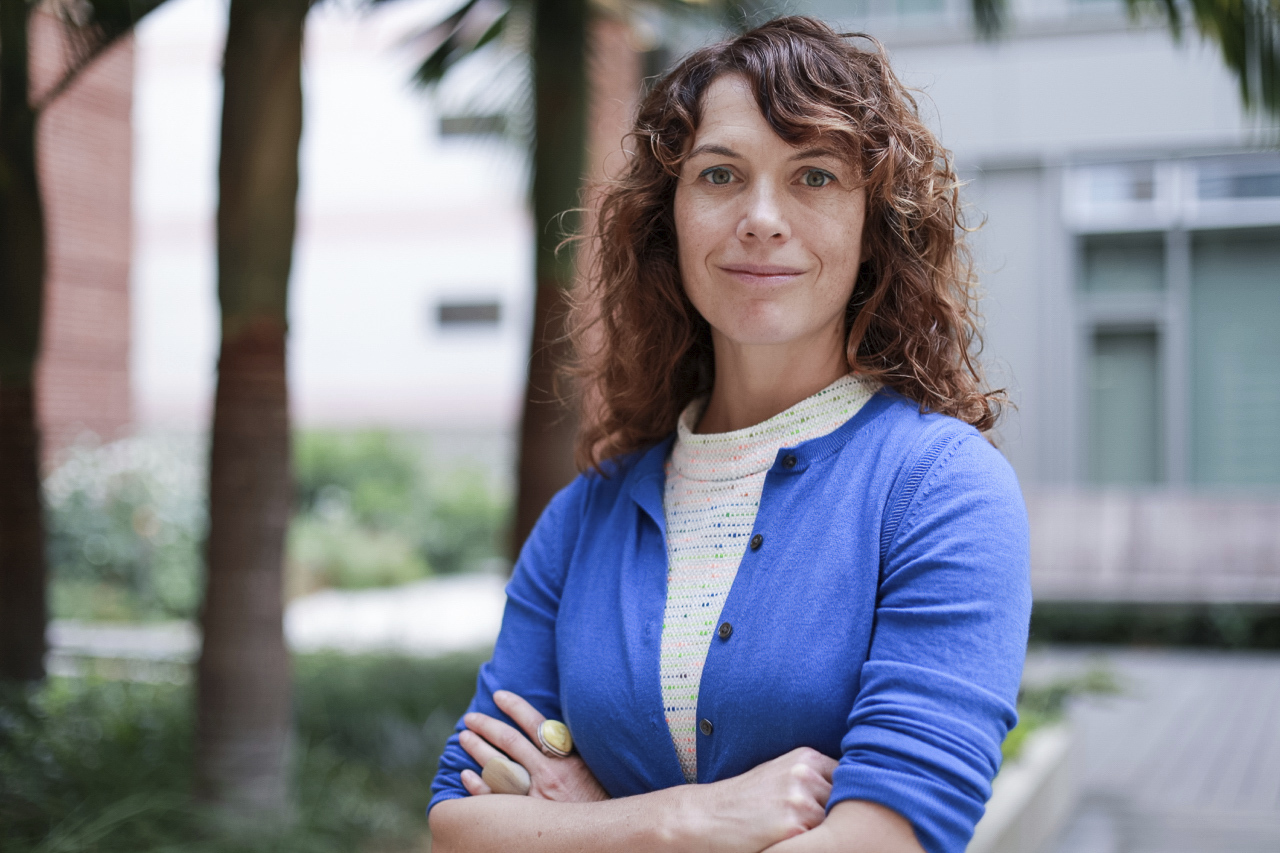
Amy Rowat
Associate Professor, Integrative Biology and Physiology
https://legacy.ibp.ucla.edu/research/rowat/RowatLab.html
The Rowat Lab studies cells as materials. We seek to translate our discoveries in cellular mechanobiology to applications from human health to the foods that we eat.
rowat@ucla.edu
Office
TLSB 1125
Themes: Complex datatype analysis, Experimental technologies development
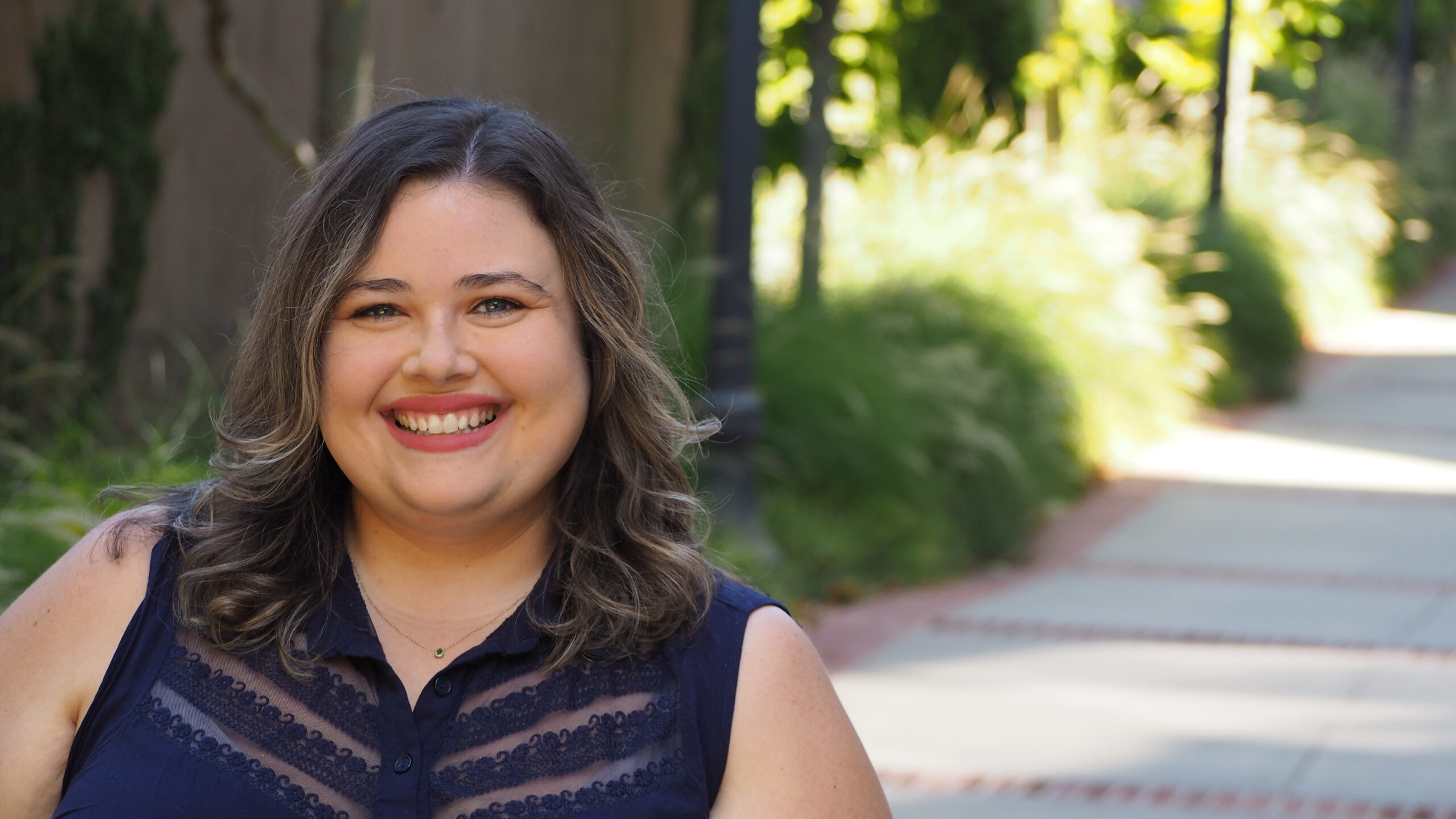
Danielle Schmitt
Assistant Professor, Chemistry and Biochemistry
https://dlschmitt.chem.ucla.edu
The Schmitt Lab in the UCLA Department of Chemistry and Biochemistry takes an interdisciplinary approach to study regulation of cellular metabolism. We develop fluorescent protein-based genetically encoded reporters for metabolites, amino acids, and kinases that regulate metabolism. We use these microscopy-based tools to study how metabolism is organized in space and time in single cells. We aim to understand how metabolism is regulated in healthy cells and perturbed in disease.
dlschmitt@chem.ucla.edu
Office
5040A Young Hall
Themes: Integrative mechanistic modeling and experimentation, Experimental technologies development
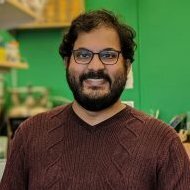
Pavak Shah
Assistant Professor, Molecular, Cell and Developmental Biology
https://sites.lifesci.ucla.edu/mcdb-shah/
Quantitative studies of early animal development. We use light microscopy, computer vision, machine learning, and modeling to study the regulation and dynamics of cell fate specification and embryogenesis.
pavak@ucla.edu
Office
TLSB 5000C
Themes: Integrative mechanistic modeling and experimentation, Complex datatype analysis, Experimental technologies development
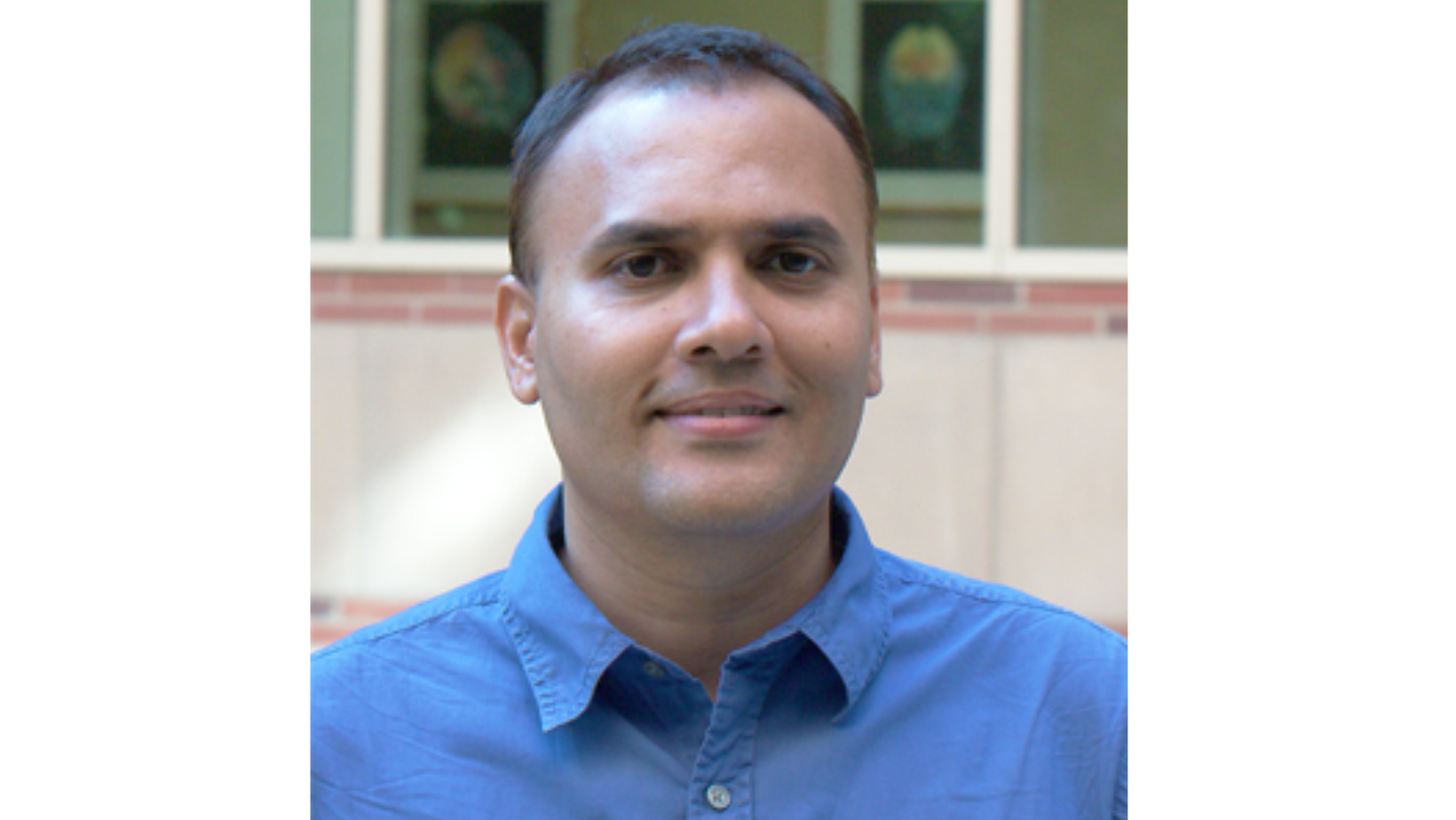
Shantanu Joshi
Professor, Bioengineering
Professor, Neurology
I am interested in shapes as compact signal representations of objects from images, and their use in understanding and modeling biological morphology.
s.joshi@g.ucla.edu
Office
635 Charles E Young Drive South, Ste 225
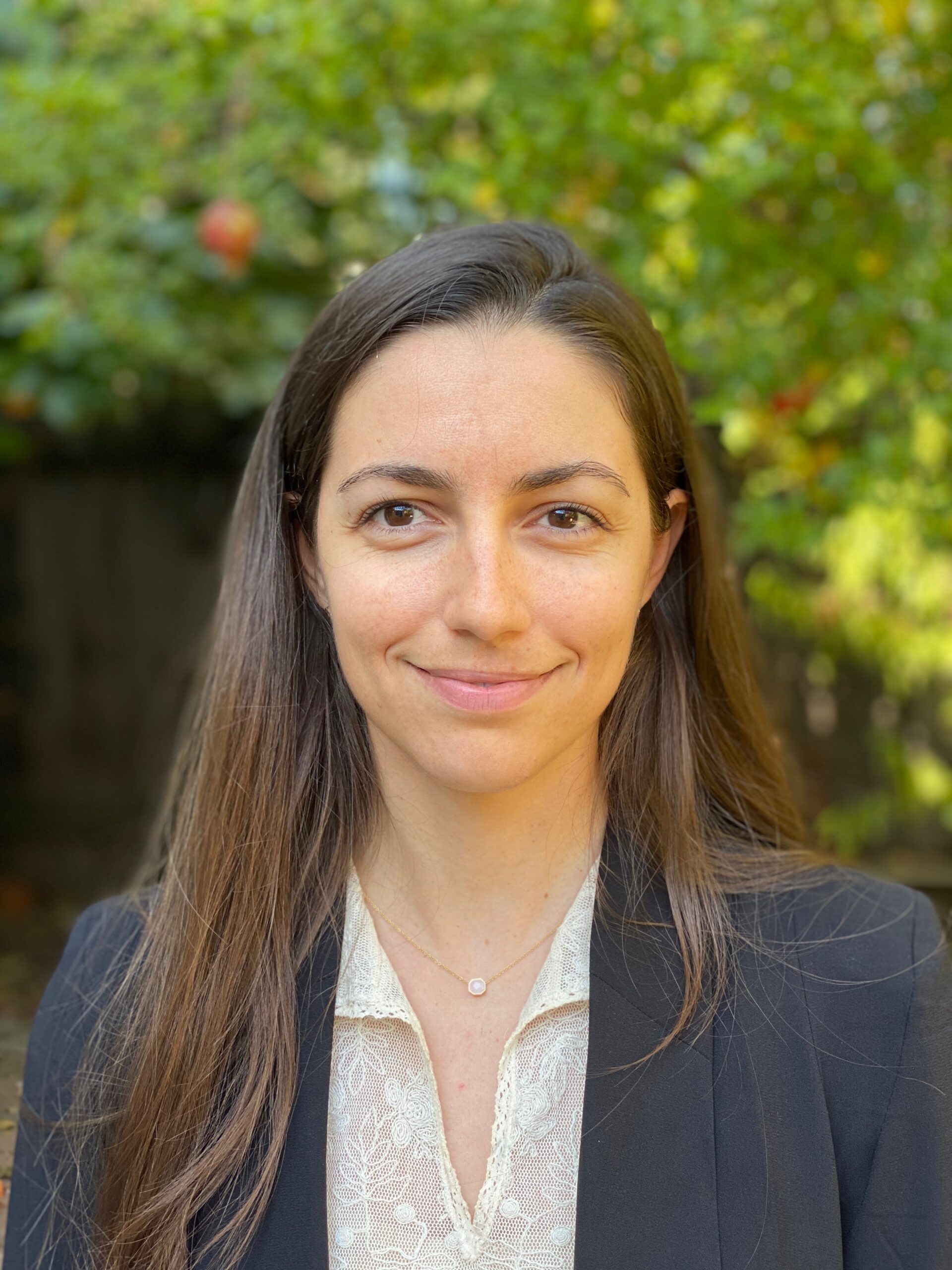
Jennifer Wilson
Assistant Professor, Bioengineering
https://research.seas.ucla.edu/computational-systems-pharmacology/
The lab simulates drug-induced cellular effects using protein-protein interaction network models and calibrates those effects to data derived from patients using the Electronic Health Record. Our group uses this combination of cellular models and bioinformatics to understand oncology and neurodegeneration.
jenniferwilson@g.ucla.edu
Office
Engineering V 4121D
Themes: Integrative mechanistic modeling and experimentation, Experimental technologies development

Roy Wollman
Professor, Integrative Biology and Physiology
Professor, Chemistry and Biochemistry
Interim Home Area Director
We are developing spatial transcriptomics technology to connects annatomy to physiology. Our focus is on imaging based approaches that utilize hybridization with large oligonucleotide pools. We are also interested in developing theory on cellular variability and tissue organization utilizing information theory and mechanistic modeling.
rwollman@g.ucla.edu
Office
Boyer 540
Themes: Integrative mechanistic modeling and experimentation, Complex datatype analysis, Experimental technologies development
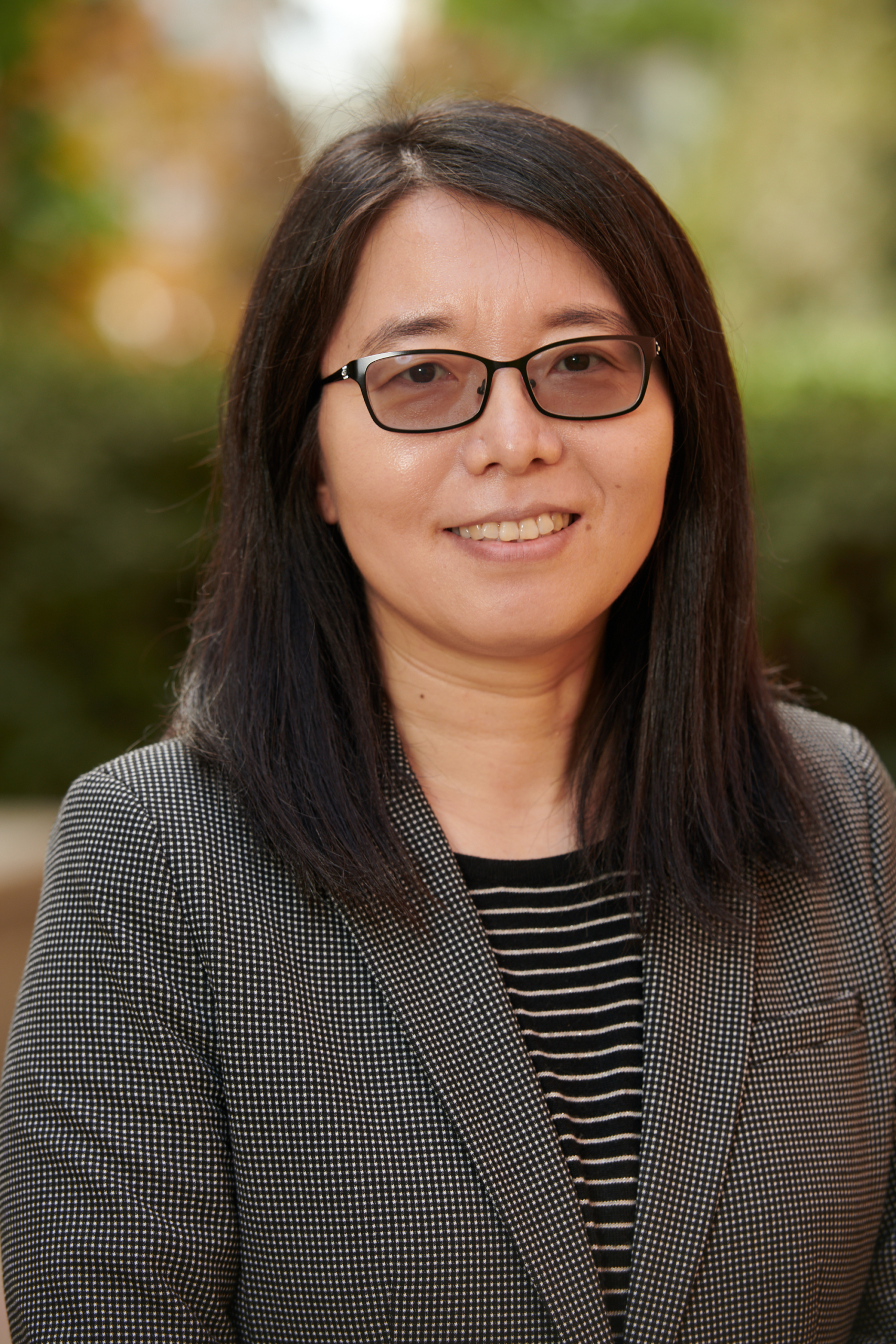
Xinshu (Grace) Xiao
Professor, Integrative Biology and Physiology
Maria R. Ross Chair
We are a hybrid lab of computational and experimental RNA biology. The overarching goals of our research are to understand how the transcriptome and epitranscriptome are controlled by the intricate network of genetic factors, RNA elements, and RNA-binding proteins, and how such regulation contributes to neurological diseases and cancer.
gxxiao@ucla.edu
Office
TLSB 2000E
Themes: Complex datatype analysis, Experimental technologies development
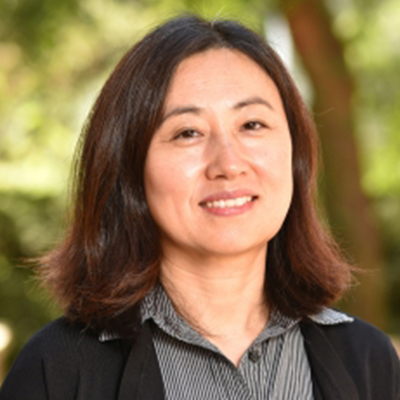
Xia Yang
Professor, Integrative Biology and Physiology
Our lab develops and applies multitissue multiomics approaches to model gene networks affected in complex human diseases, ranging from cardiometabolic diseases to neurological and psychiatric disorders. The disease networks are used to identify key regulatory genes and therapeutic agents.
xyang123@ucla.edu
Office
TLSB 2000C
Themes: Integrative mechanistic modeling and experimentation, Complex datatype analysis
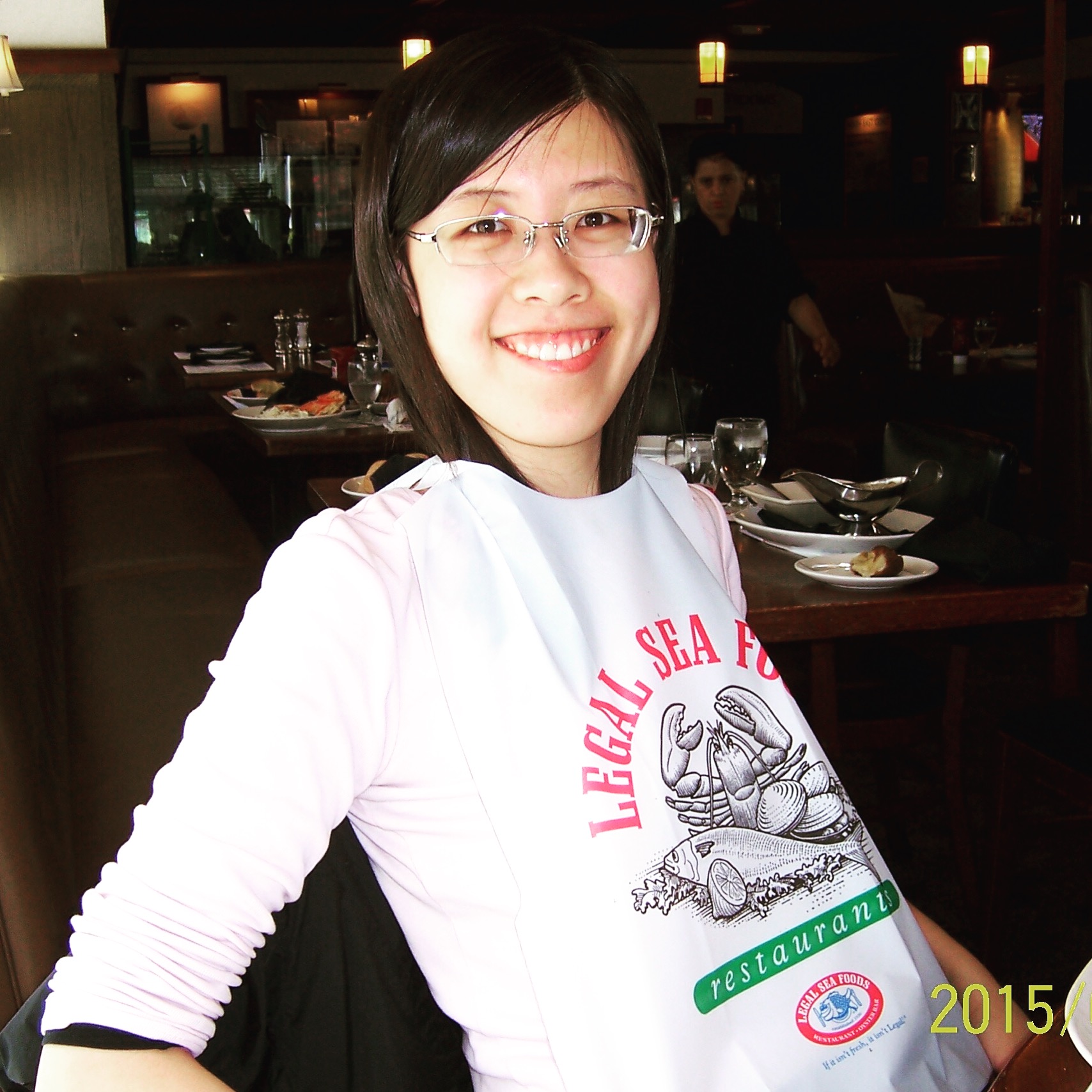
Yi Yin
Assistant Professor, Human Genetics
We’re interested in developing and applying new single cell sequencing methods to study genetic recombination and resulting structural variations. We’re also using functional genomics approaches to study genetic variants that regulate genome instability.
yeastyin@g.ucla.edu
Office
Gonda 6309
Themes: Integrative mechanistic modeling and experimentation, Complex datatype analysis, Experimental technologies development
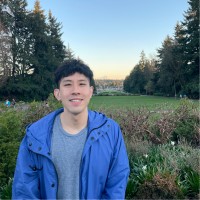
Jason Zhang
Assistant Professor, Computational Medicine
Office
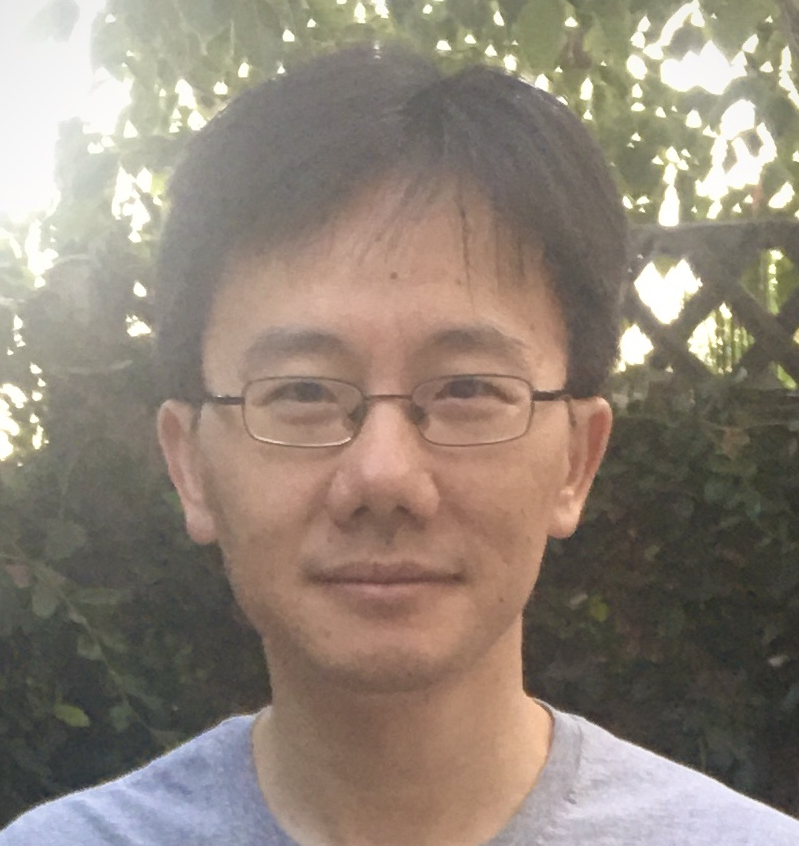
Qing Zhou
Professor, Statistics and Data Science
https://faculty.stat.ucla.edu/zhou/
We develop statistical and computational methods for efficient analysis of large-scale high-throughput genomic data. We employ model-based and machine learning methods to make statistical and causal inference from these data. Our goal is to understand the causality in gene regulation and decode regulatory circuits by integrating RNA-seq data, protein binding data, chromatin interaction data, and DNA sequence data.
zhou@stat.ucla.edu
Math Sciences 8979
Themes: Complex datatype analysis
